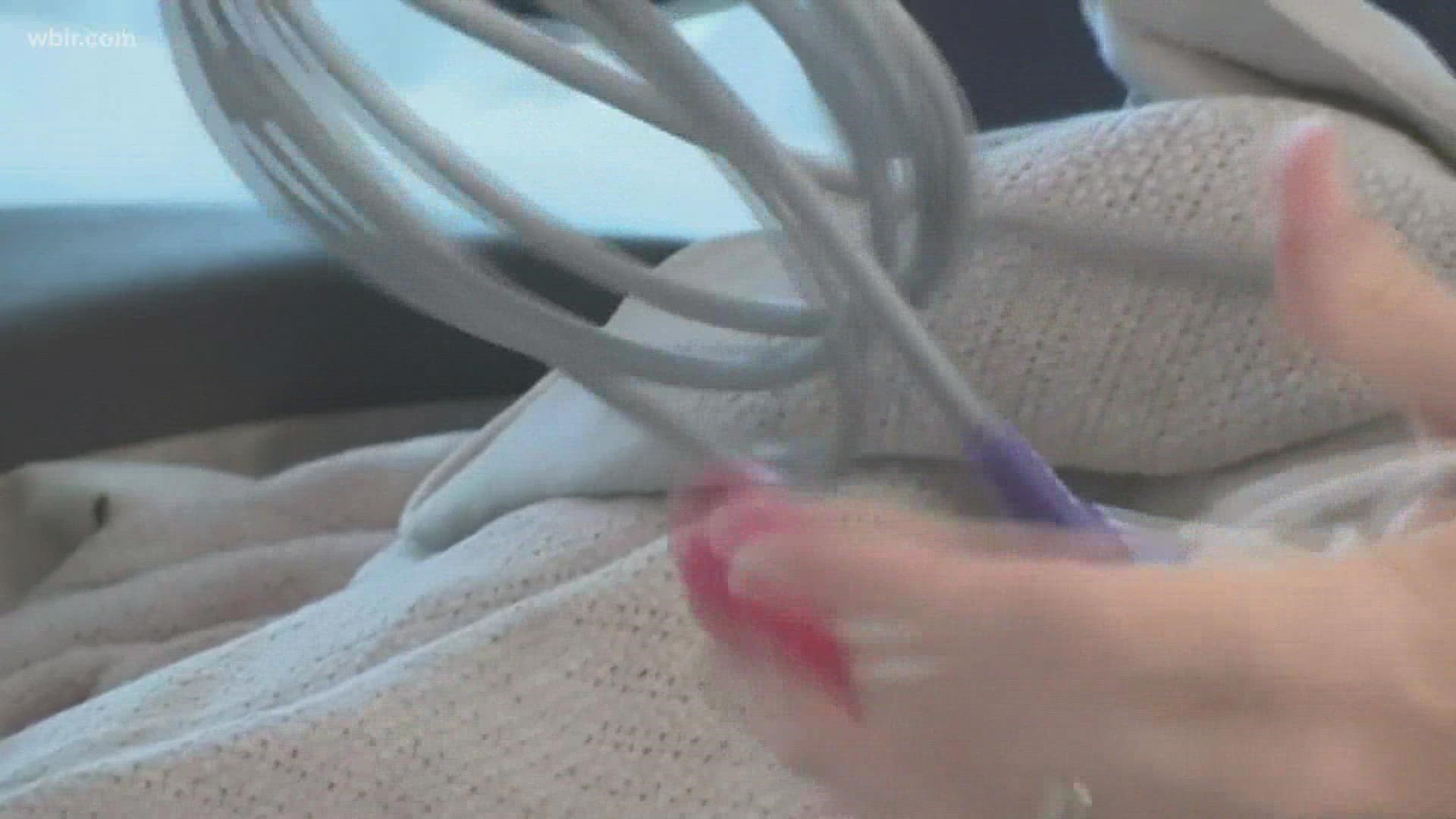KNOXVILLE, Tenn — Stephanie Mitchum has underlying health issues. The CDC says that puts people at risk for those that contract COVID.
“I do have diabetes, and I do have high blood pressure. So I knew if I ever did get it, I would be in trouble,” said Mitchum.
Even while knowing that she could contract the virus and get sick, she was against getting the vaccine.
“I wasn't for the vaccines. I was determined I wasn't going to get it because I didn't trust it.”
That all changed after she caught COVID and spent days in Park West Hospital.
“So five, six days, but I had COVID for a week before that,” Mitchum said.
In the beginning, she was hit with mild symptoms that progressed over time, such as being fatigued all of the time.
“COVID changed and started attacking my lungs.”
Mitchum says those days in the hospital were hard, and when she arrived, she spent hours waiting.
"So they put me on oxygen and sent me to a waiting room for 16 hours with no care. Yeah, it's frightening because you're alone. and so no one can see you in the hospital."
There was a time when she thought she was going to die. She even texted her attorney to make her will.
“I think I was gonna make it sorry.”
With tears in her eyes, she said that it is still affecting her mental health.
“I still have almost like a post-traumatic stress disorder,” said Mitchum.
She said if she could go back, she would make a different choice.
“If that vaccine might have helped not get to that point, I would have taken it.”
Diana Dedmon, an assistant professor at the UT Health and Science Center in Memphis says being vaccinated has big benefits.
The COVID vaccine prevents serious illness, hospitalization, and death.
Dedmon says the vaccine also slows down the spread.
“So you're not as contagious as you might have been had you not been vaccinated.”
“I wouldn't want you to know anyone to go through what I went through,” said Mitchum.

